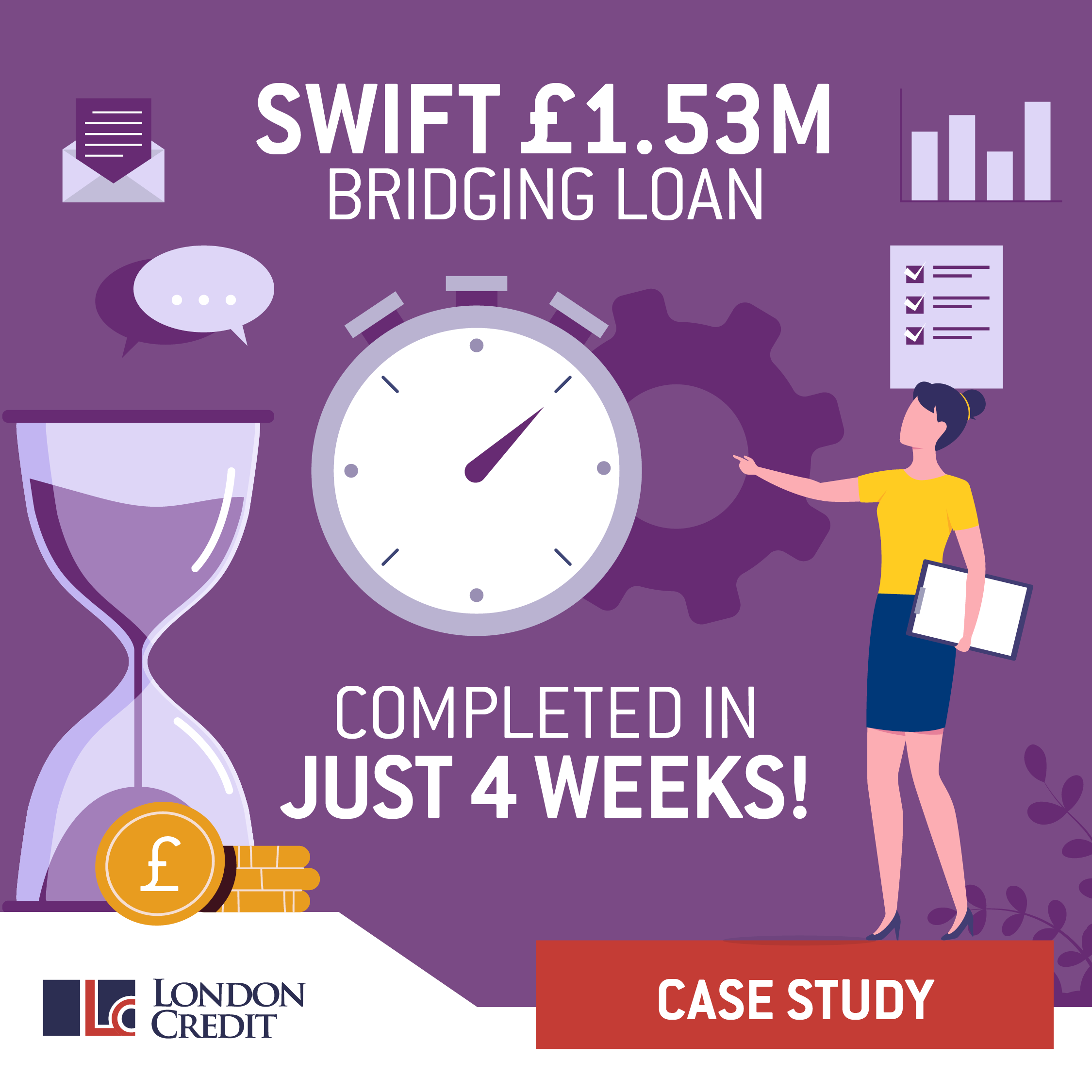Check the detail with bridging rates
Looking back, it’s interesting to see how, on the face of it, little changed in the bridging market between 2018 and 2022. Yes, there were attempts from certain quarters to drive headline rates down but the majority of lenders had similarly priced products and instead concentrated on differentiating by service and/or their appetite for certain types of cases.
Of course, the Covid-19 pandemic created an unprecedented situation for the bridging sector but it didn’t really affect product; what was challenged were operational aspects of the business. Lenders had to quickly establish how they could continue to operate with staff working remotely, and with physical valuations largely an impossibility for a time.
For many operating in the bridging sector, it was a real shock to the system to see the Bank of England repeatedly raising the Base Rate last year. After all, since 2008 and the onset of the credit crunch, interest rates have been at their lowest rates in living memory for the vast majority of people working in financial services.
In response to the economic challenges, various providers with the short-term lending community, who were possibly less experienced or had fewer financial resources, adopted different strategies. While some quietly and significantly reduced their risk tolerance, others practically stopped accepting new clients.
This time last year, variable rates on bridging were very rare, but with rates rising, a number of lenders introduced variable rates in November as it aligned with their funding structure and there are now a number of variable rates available in the market.
The argument for variable rates is something along the lines of ‘its expensive for lenders at present, so fixed money isn’t the cheapest option, especially when borrowing a bridging loan, therefore a variable deal could work out best.’ It’s an understandable argument and in some cases could be true.
However, I’d counter that while the headline figure on a variable rate may look attractive, but it’s important that brokers do their due diligence and check the detail. We came across one lender recently, for example, with a quoted variable rate of 0.65%, which looked much more competitive than the fixed rate we quoted on the case of 0.85%. However, the variable rate was actually 0.65% above Bank of England Base Rate and so was the more expensive option.
On the wider issue of fees, bridging finance often entails various extra expenses such as arrangement fees, legal fees, exit fees, valuation fees, and others. When these fees are spread over a five-year mortgage term, slight variances from one lender to another may not significantly affect your client. However, when these fees are spread over a six-month loan, even a minor variation can have a substantial impact on the overall cost of the borrowing.
In addition, brokers tell us that some lenders aren’t particularly forthcoming about fees, which really isn’t a good look – and doesn’t reflect well on the wider industry. From the outset borrowers should be told what they can expect and when, what it going to cost them, all relevant criteria and what fees will be paid to whom.
At London Credit, all of our bridging rates are fixed rates, because we believe they offer certainty and transparency. The broker and their borrower also know that every deal with London Credit will not contain any last minute, hidden charges. Sadly, that’s not the case with every lender out there.
Yes, it’s good that brokers can provide their clients with choice; but not if the choice is to pay more for the privilege or to find out at the eleventh hour that there are more to fees to pay.
Marios Theophanous is Credit Manager at London Credit




